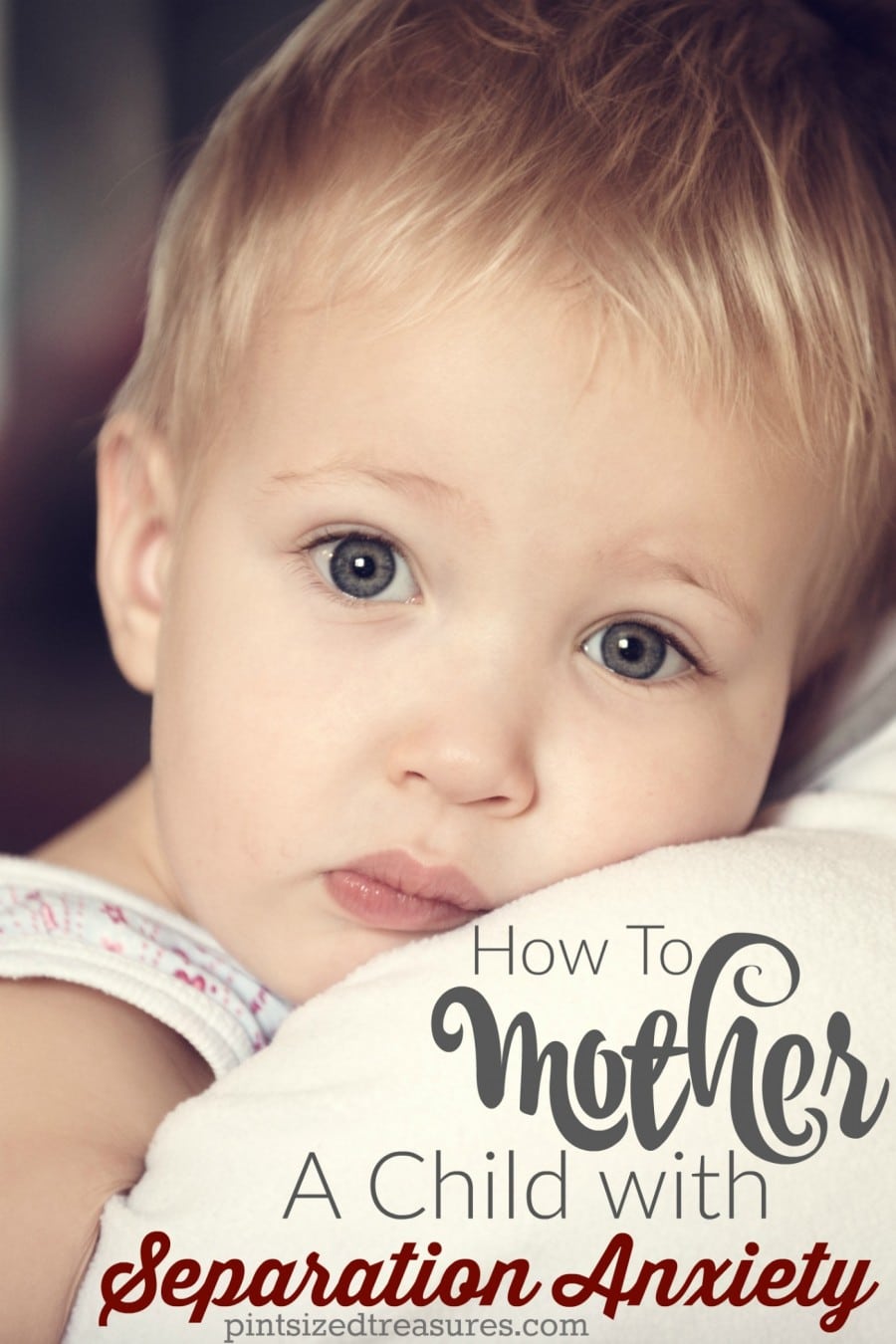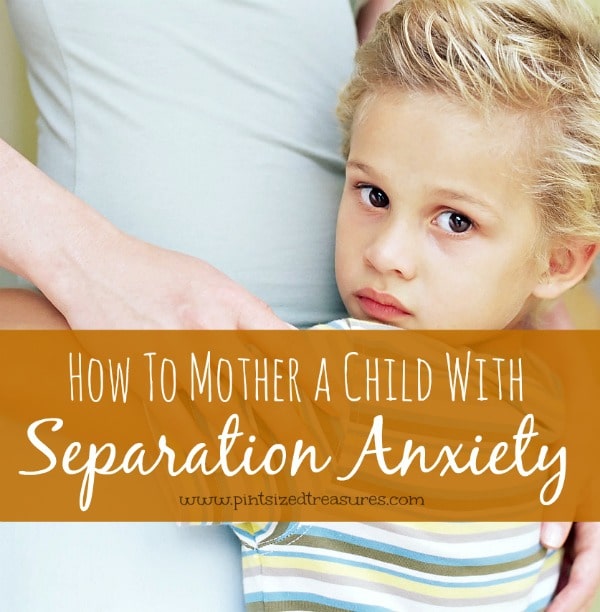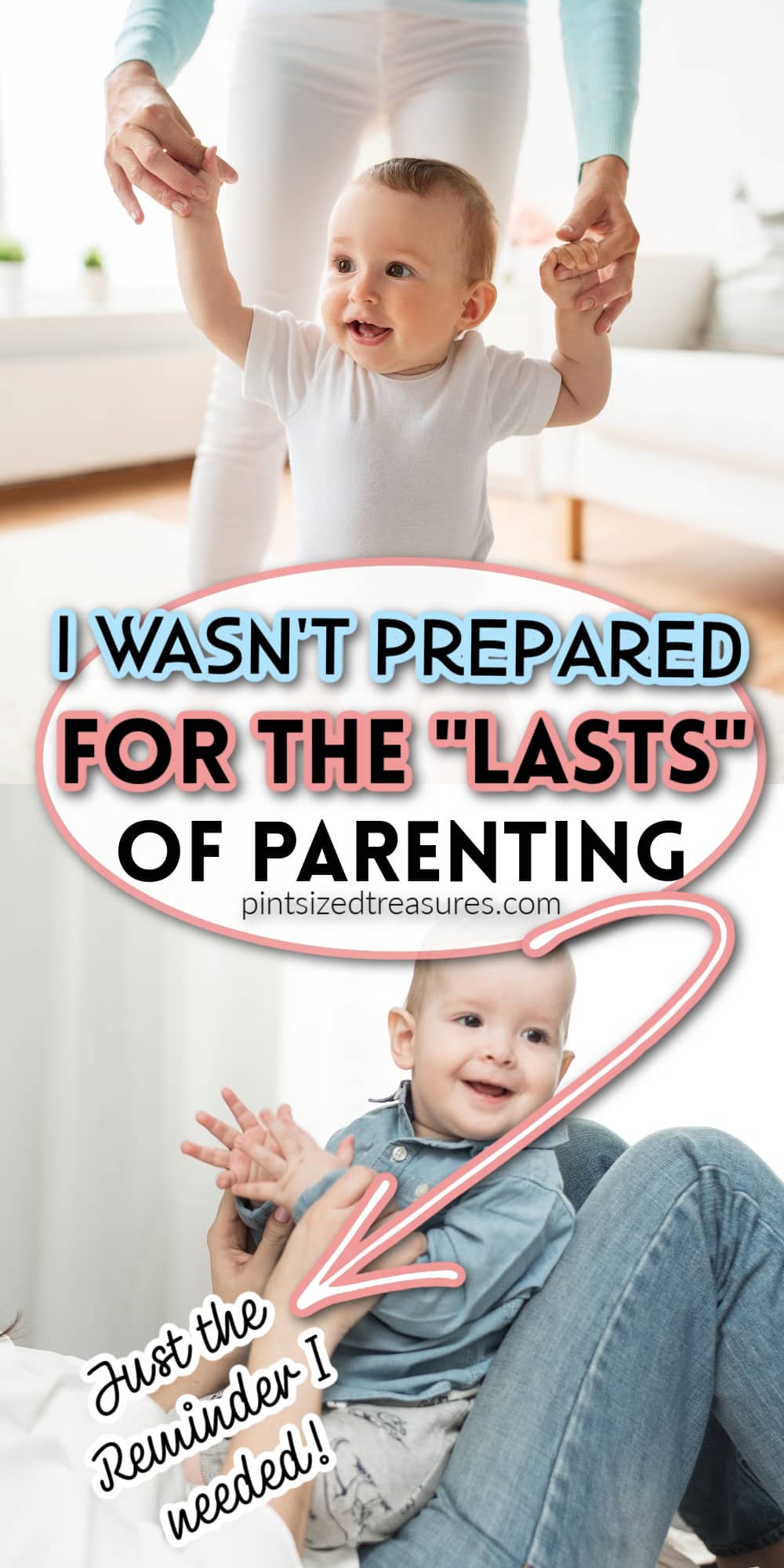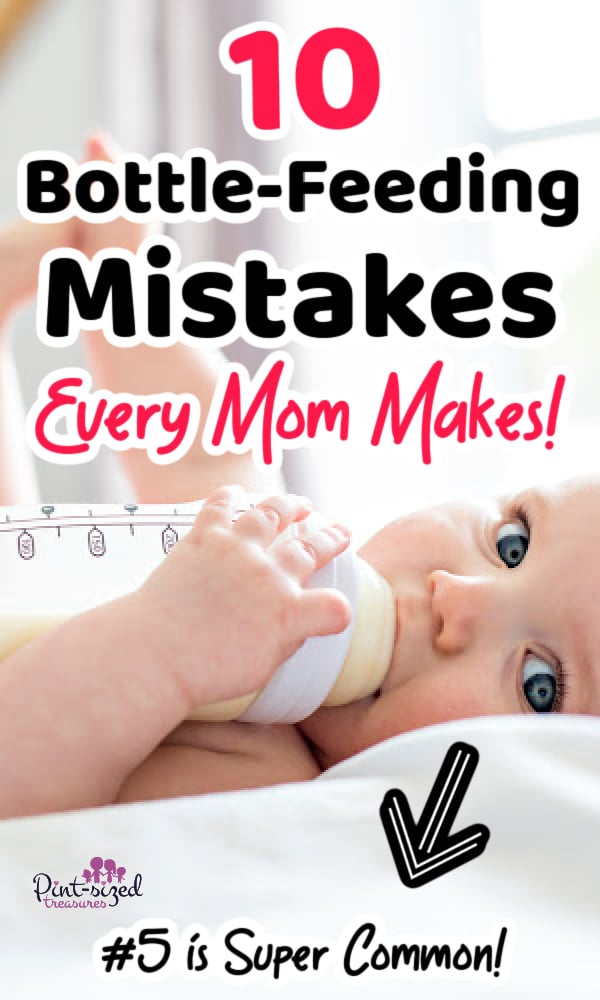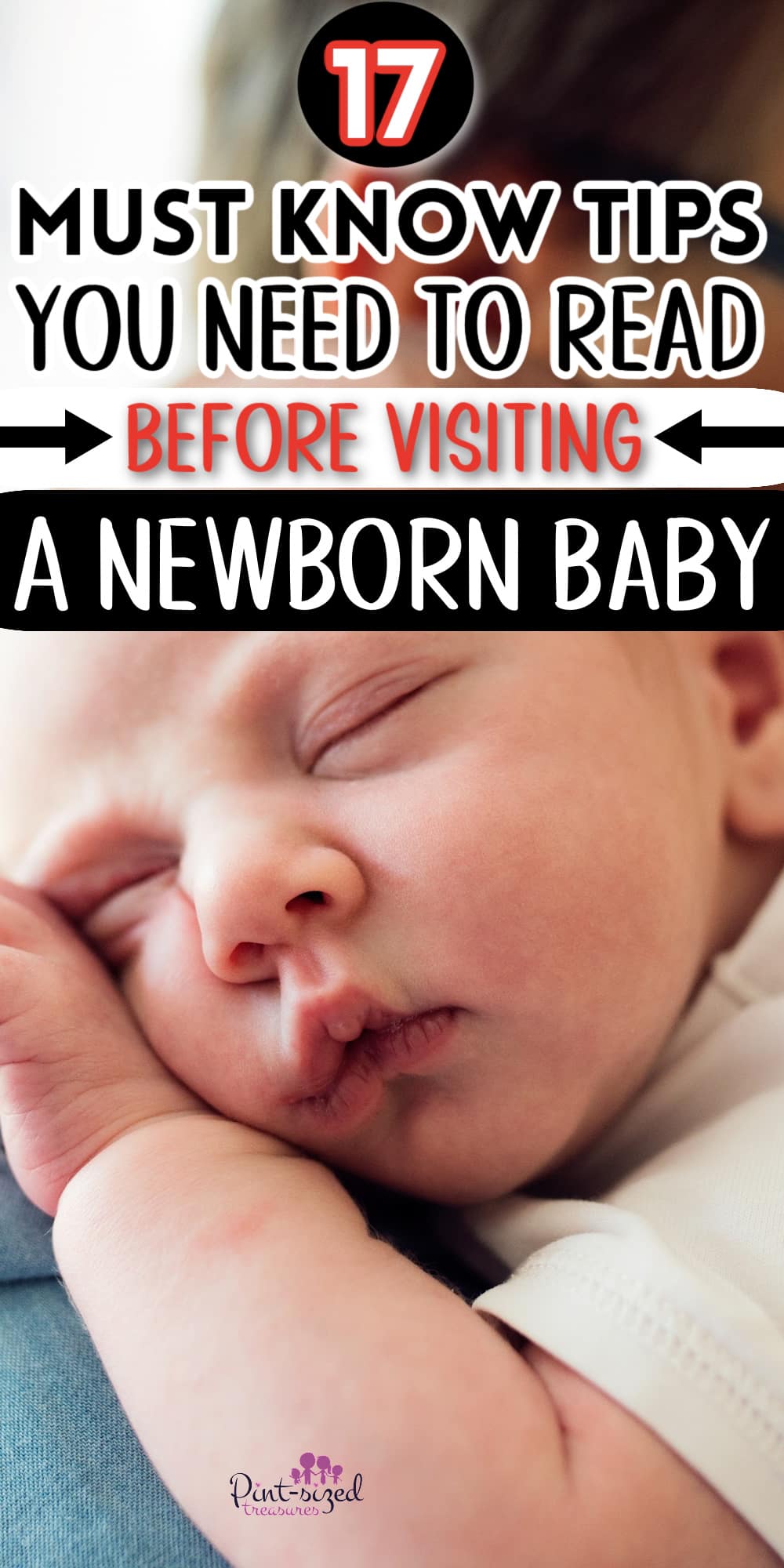Separation anxiety is something that is oh-so-real in many children’s lives. Some children find it very difficult to be separated from their moms — even for a short period of time.
However, children don’t always show this anxiety during their years of babydom. In fact, many times the opposite is true.
Maybe when you left your baby for a few hours with your mom, she may made no fuss at all. Sometimes you even wondered if your baby realized you were gone — but then it happened.
Around 10 months of age, or maybe a little younger, your child began to realize that something was not normal when you say “Bye” with a kiss. Mommy had left the building, and separation anxiety takes over.
If your child has separation anxiety she may begin screaming, kicking or frantically hitting the caregiver in outbursts of anger.
Here is the testimony of one mother:
“My son was always a mild-tempered child. He never seemed to mind the fact that I had to leave him for a few hours to go on a date with my husband or to go to a doctor’s appointment. However, one day he just went berserk. As I began to leave, he started running around like a screaming banshee. I had no idea how to respond to this irrational behavior!
I felt so guilty I went straight back to him and held him for so long. Then I decided to just take him with me. The tears stopped and all was better. But when I had another engagement to attend, the scene was replayed. Again, I was unprepared and clueless what the proper reaction should be.”
When children have melt-downs, it is very difficult to know just how to mother your child.
Many times we moms allow our emotions to make decisions instead of thinking the situation through rationally. Here are some guidelines that involve the head and the heart in dealing with separation anxiety in small children.
How to Mother a Child with Separation Anxiety
- Make your exit short. Drawing out the good-byes with extra kisses, questions and instructions only makes the situation worse. Let your little one know you will be back and that you love her. Keep it simple and sweet.
- Explain the time of your return in kid terms. Toddlers can’t tell time, so make your return more relevant to them by saying you will be back before dinner or around nap time. This will make the child feel a little secure since she has an idea of the time frame you will return home.
- Plan a special activity. If your child has a favorite DVD or loves to color, have that activity prepared before you leave. Re-direct him to the activity as you say good-bye. Remind how much fun he will have as he gets to color in this special book or watch the special movie.
- Don’t sneak out. This can cause a child not to trust their parent. It can cause insecurities and fears. Always say good-bye.
- Assign a task. As you leave, ask your child to open the door for you. Then ask him to close the door. Little ones are excited when they get to “help” mommy accomplish her special errand. You could also ask him to draw you a picture of something specific. Tell her you two can color the picture together when you return. Then, display the picture for the whole family to enjoy!
- Have a signature good-bye. Create a good-bye signature for you and your little one. This could be two kisses and a high-five or three bear hugs followed by an eskimo kiss. This new tradition will give your child security and a little something to treasure and look forward to when she has to say good-bye.
- Make the reunion special. Upon your return, smother your little one with hugs, kisses and affection. Don’t check your email first or answer your cell phone. Those things can wait. Show your child you missed her and make her feel abundantly loved. These sweet reunions will give your little one something to anticipate!
These are just a few ideas that may work for your child. Have you had any success in dealing with a child with separation anxiety? We would love to hear it in the comments section! We can always learn something new!

